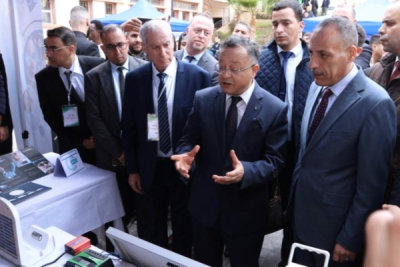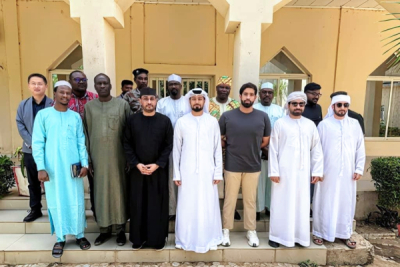According to the World Bank, digital identification is an essential tool in the acquisition and efficient management of data useful for the implementation of public policies. In many African countries, however, the implementation of that project is still hindered because there is no implementation strategy.
In the Republic of Guinea, Prime Minister Bernard Goumou recently asked public and private actors to submit proposals for a legal and technical framework overseeing the unique id project. During the September 15, 2022, ministerial council, he explained the importance of the project to the country’s digital transformation efforts and the need to guarantee a certain number of prerequisites for its success.
According to Bernard Goumou, many departments already have functional biometric systems. This is currently reflected in the establishment of civil status documents, passports, residence permits, and driving licenses, the register of the National Agency for Economic and Social Inclusion (ANIES), and the WURI (Unique Identification for Regional Integration and Inclusion in West Africa) base register. However, those systems are fragmented with no interconnection. In addition, some systems cover just parts of the residents.
The Prime Minister also justified the need for the legal and technical framework with the quality of the services, the decentralized nature of the systems and the hosting infrastructures as well as the need for personal data protection.
Given the urgency of the unique identifier project, which should help improve public governance and access to public services, the Prime Minister urged public and private actors to submit the proposals for validation within two weeks.
He also suggested the government commission in charge of the project should validate and transmit the framework, the budget, and the draft decree to the President of the Republic as soon as possible.
Muriel Edjo



















